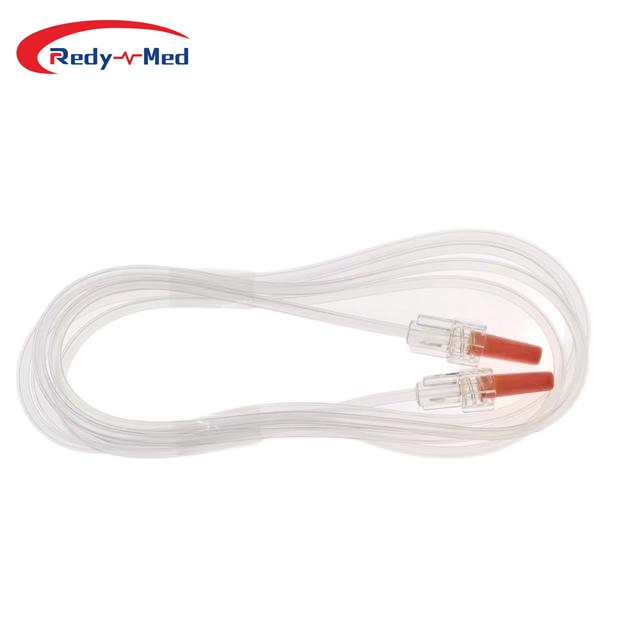
compatible ETCO2 sensor
2024-03-21 00:04:21
The Importance of Compatible ETCO2 Sensors in Healthcare

As technology continues to advance, healthcare professionals are increasingly relying on the use of compatible ETCO2 sensors for accurate and reliable monitoring of patients. ETCO2, or end-tidal carbon dioxide, measurements provide valuable information about a patient's respiratory status, making it an essential tool in critical care, anesthesia, and emergency medical settings.
1. Understanding ETCO2 Monitoring
Before diving into the importance of compatible ETCO2 sensors, it is crucial to understand the process of ETCO2 monitoring. ETCO2 refers to the partial pressure or concentration of carbon dioxide at the end of expiration. By measuring ETCO2, healthcare providers can assess a patient's ventilation adequacy, detect changes in respiratory patterns, and determine the effectiveness of interventions such as mechanical ventilation.
ETCO2 monitoring is commonly performed using capnography, a non-invasive method that measures the concentration of CO2 in exhaled breath over time. The capnograph displays the ETCO2 values on a waveform, allowing healthcare professionals to assess a patient's ventilatory status in real-time.
2. The Significance of Compatibility
When it comes to ETCO2 monitoring, compatibility between the monitor and the sensor is of utmost importance. A compatible ETCO2 sensor ensures the accuracy and reliability of the measurements, eliminating any potential discrepancies and minimizing the risk of errors in patient care.
Compatible ETCO2 sensors are specifically designed to work seamlessly with a particular monitor or device. These sensors meet the required technical specifications and undergo rigorous testing to ensure accurate and consistent measurements. Using a non-compatible or off-brand sensor may result in inaccurate readings, leading to incorrect clinical decisions and compromised patient safety.
3. Benefits of using Compatible ETCO2 Sensors
Using compatible ETCO2 sensors offers several benefits for healthcare professionals:
Accurate Measurements: Compatible sensors provide precise and reliable ETCO2 readings, enabling accurate assessment of a patient's ventilation status.
Consistent Performance: With compatible sensors, healthcare providers can trust the consistency and reliability of the measurements. This allows for better monitoring and management of patients over time.
Enhanced Patient Safety: Compatible sensors minimize the risk of errors, ensuring that healthcare providers can make informed clinical decisions based on accurate ETCO2 data.
Seamless Integration: Compatible sensors seamlessly integrate with the monitoring equipment, making it easier for healthcare professionals to use and interpret the data.
In conclusion, compatible ETCO2 sensors play a vital role in ensuring accurate and reliable ETCO2 monitoring in healthcare settings. These sensors provide accurate measurements, consistent performance, and improved patient safety. By choosing and using compatible sensors, healthcare professionals can enhance patient care, improve clinical outcomes, and make well-informed decisions based on accurate ETCO2 data.
Get the latest price? We'll respond as soon as possible(within 12 hours)




